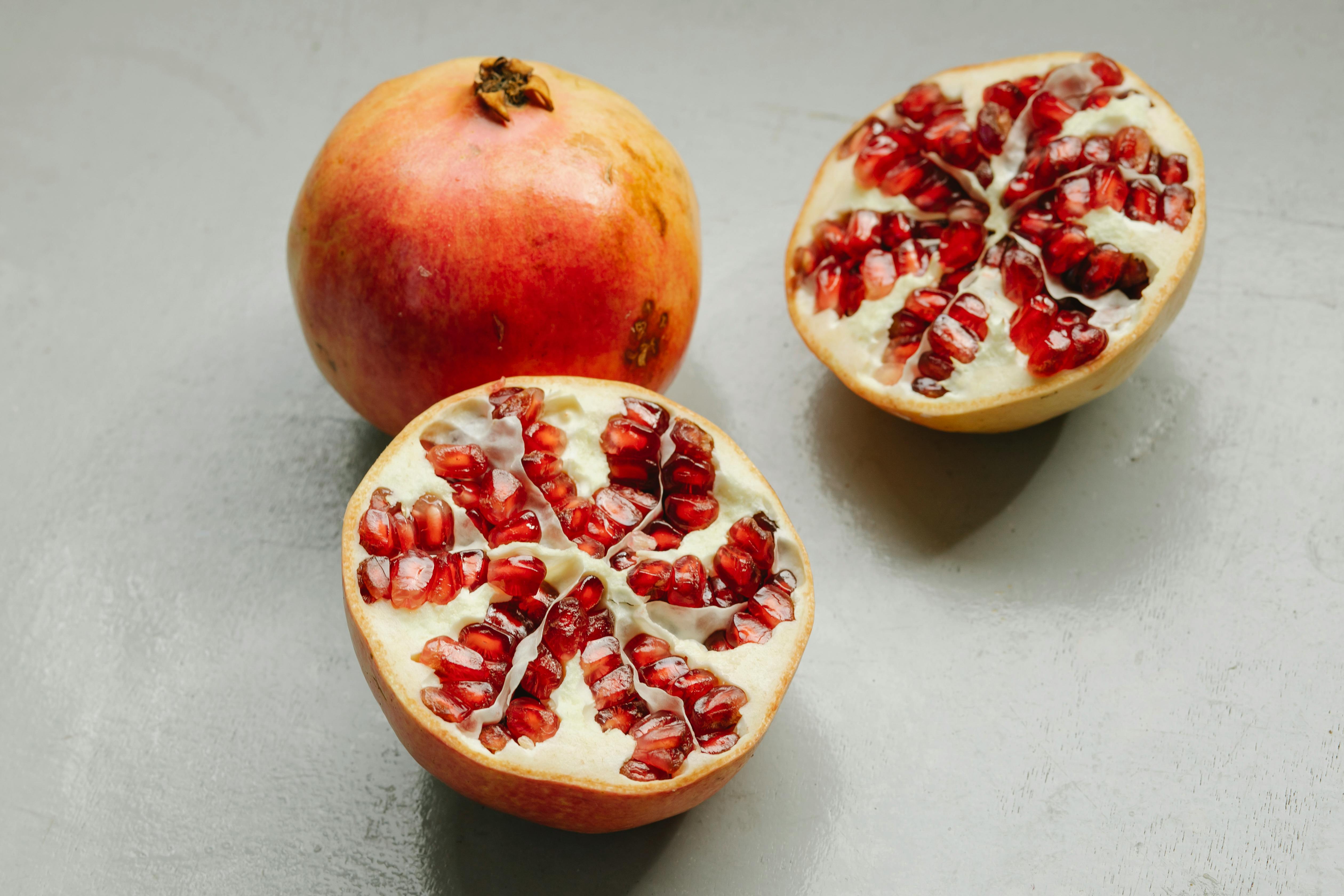Benefits of vitamin C for health
Vitamin C is also known as ascorbic acid. It is a water-soluble vitamin needed for various body functions. Vitamin C is an essential micronutrient, necessary to consume from food in sufficient amounts, as we are unable to store or synthesize endogenously. It performs various important functions in the body, and there are lots of benefits of vitamin C for health.
- Vitamin C is needed for collagen synthesis; it is pra protein of connective tissue, bone, teeth, cartilage, skin, scar tissue, and blood vessels.
- Vitamin C supplementation helps during infections by increasing healing and immunocompetence.
- It is well known for its antioxidant properties that prevent free radical damage and reduce the risk of various chronic diseases, boost immunity, and slow down the aging process.
- Vitamin C is helpful for he common cold, shortens the course of the cold, and prevents worsening symptoms.
- It promotes WBCs production lymphocytes and phagocytes) that fight against infection.ns
- Regular consumption of vitamin C-rich food reduces the risk of cancer, cardiac disease, and respiratory infection.n
- Vitamin C enhances iron absorption as it keeps ferric ions in ferrous form. It also helps to store iron in the liver.
- Ascorbic acid also lowers blood cholesterol levels as it converts cholesterol into cholic acid.
- It is also effective against stress-related degenerative diseases
- Lowers blood pressure, relaxes blood vessels
- It prevents age-related macular degeneration
- It helps in folic acid metabolism
- It reduces inflammation
- Promotes wound healing, strengthens the skin defense system
- It also plays an important role in bone mineralization
- Vitamin C enhances immunoglobulin synthesis
Recommendation and Sources of Vitamin C
ICMR (2020) Recommended intake of vitamin C is 80mg/d for men and 65mg/d for women.
Particularly, fruits and vegetables are a good source of vitamin C.Our body cannot store or synthesize it, so we need to include vitamin C-rich food in our daily diet to fulfill the requirement.
Amaranth leaves, Bathua, Cabbage, Drumstick leaves, Fenugreek leaves, Mustard leaves, Radish leaves, Spinach, Bitter gourd, Drumsticks, Capsicum, Raw mango, Tomato, Orang, Pineapple, Strawberry, Fresh peas, Gooseberry (amla), Guava, Lemon, and Lime are excellent sources of vitamin C.
Important points
Vitamin C can be destroyed during cooking and processing as it is sensitive to heat, light, and air.
Please follow these points to prevent losses and increase intake of vitamin C
- Try to consume raw fruits and vegetables whenever possible
- Avoid high heat treatment during cooking
- Cut the vegetables into large pieces,
- Avoid soaking in water
- Avoid making juice, try to have fresh fruits, and immediately after cutting














Leave a Reply